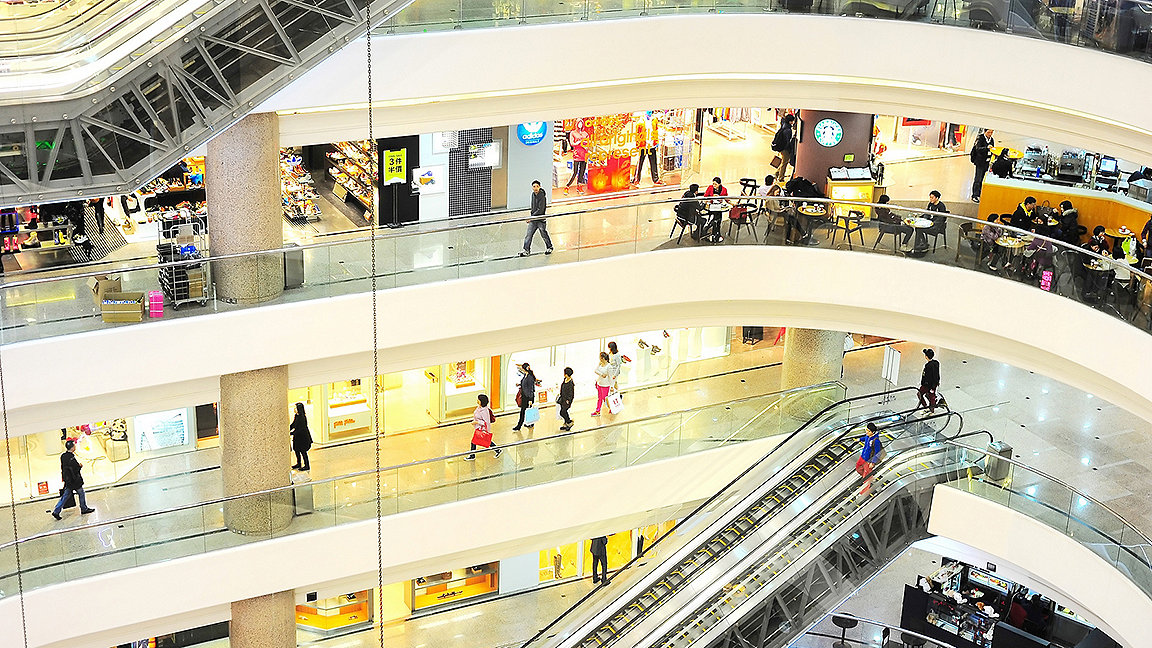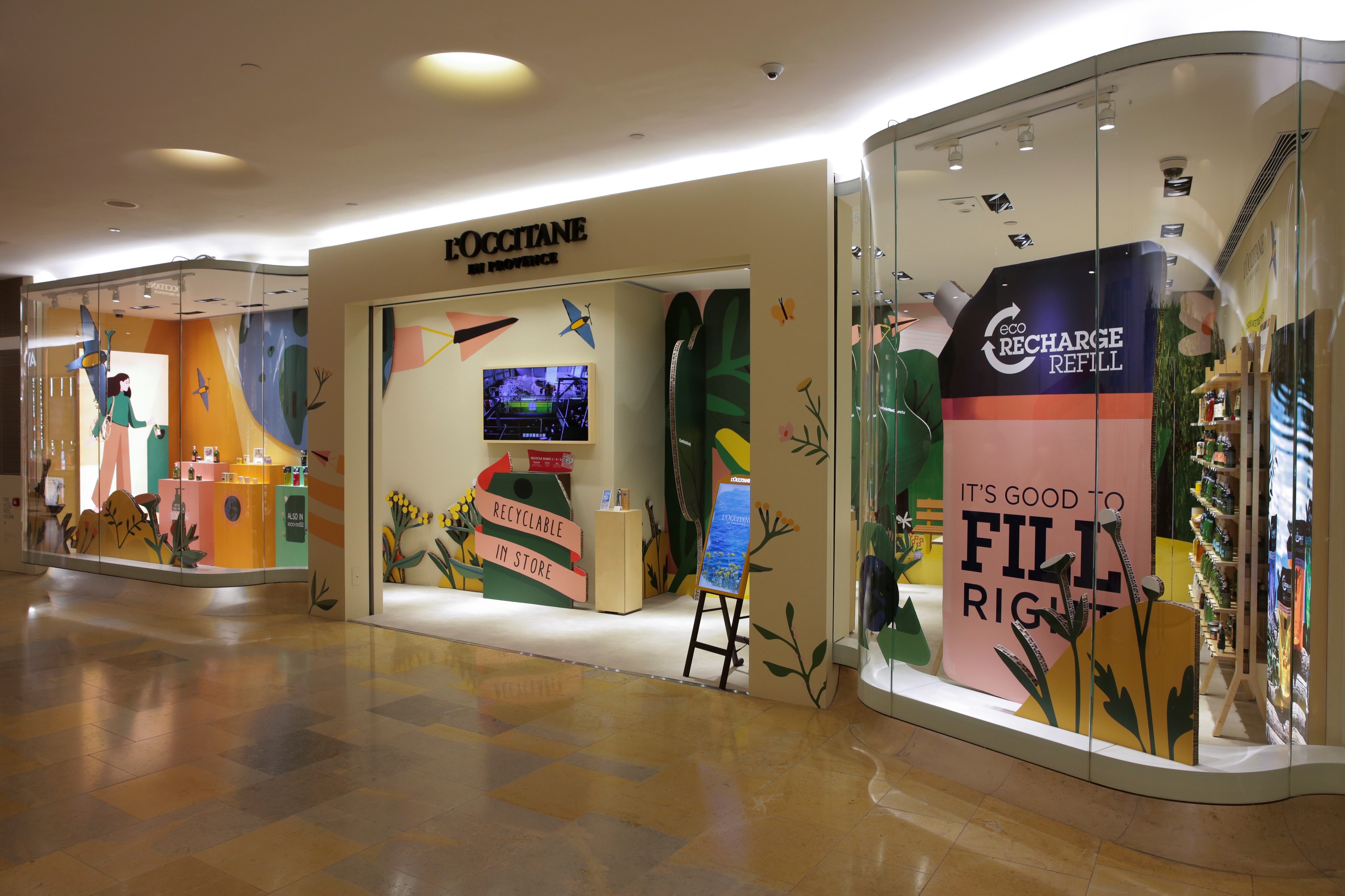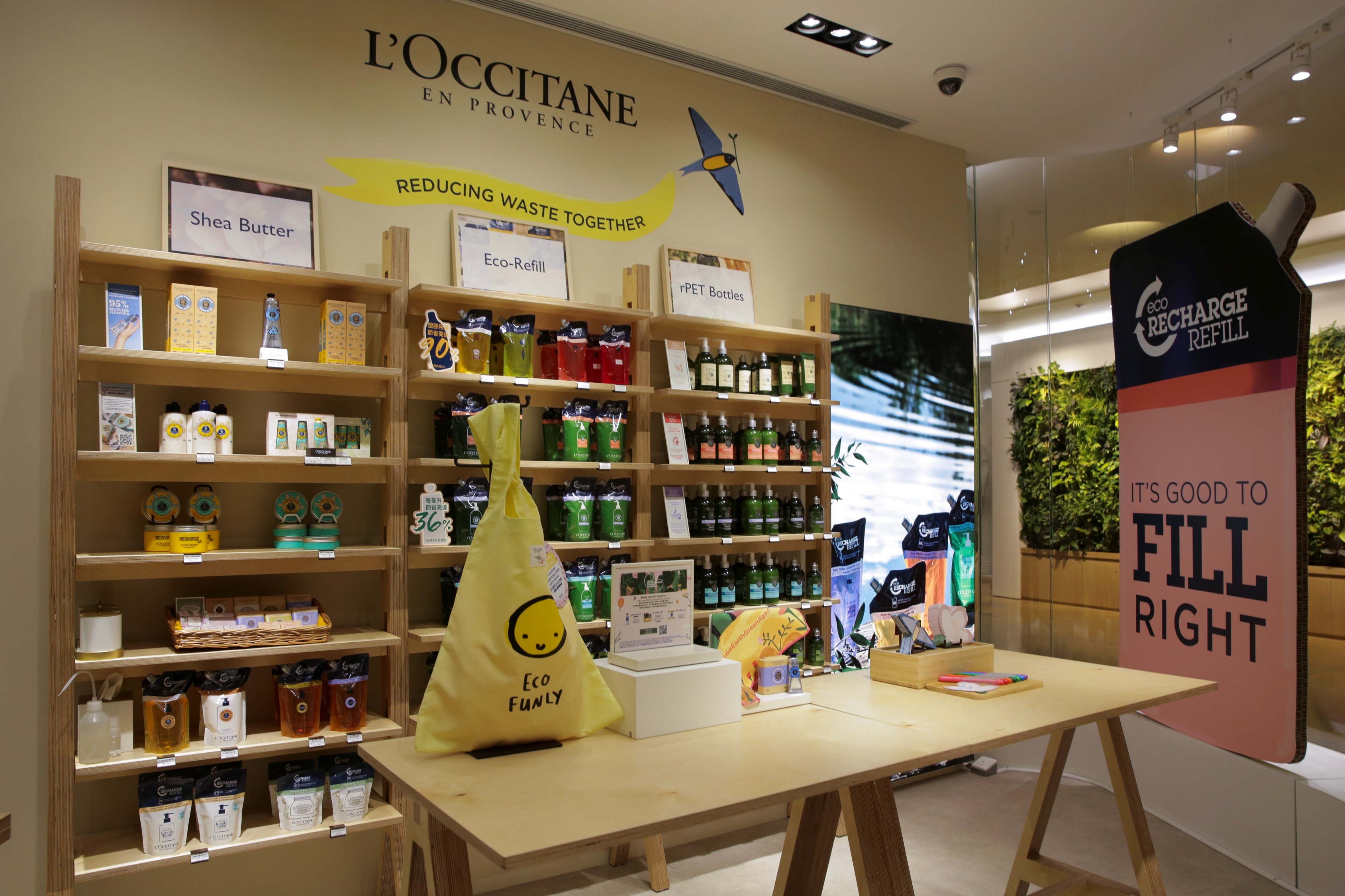
Retail is an ever-evolving industry, where relationships between brands and consumers are altering at an unprecedented pace. While retail's core business of buying and selling products does not change, consumers' overall retail experience can vary greatly by locality. As a result, we see retailers and landlords actively refresh their premises to offer new experiences to consumers.
Hong Kong is often considered an international gateway city connecting various Asian markets, especially mainland China. Many retail brands have operated successfully with an industry-recognised formula: a brand-driven message to evoke consumers' aspirations regarding a product or service and drive sales in their retail distribution networks. Since the early 2000s, we witnessed many international and local brands thriving under this strategy thanks to an influx of international tourists, primarily from mainland China. Brands opened various flagship stores and experiential units in the central business districts of the city due to their high footfall. We have seen shopping centres promoting digital interactions and engagement with their customers, such as the collaboration between premier shopping centre IFC and famed Japanese digital interactive studio Team Lab. Local landlords have also rejuvenated their older real estate premises to cultural and/or experiential hubs that celebrate the history and heritage of the city, such as The Mills.
With the start of the COVID-19 global pandemic, the entire retail industry took a heavy hit from the loss of this footfall as consumers followed social distancing measures recommended by government authorities. Traditional shopping preferences and routines were significantly impacted and retailer store demand altered. With the resulting acceleration in the digital transformation of many retail brands, some were even suggesting the 'death' of the brick-and-mortar stores was at hand and brands began to focus on virtual shopping and entertainment experiences. Although this is a fascinating topic to explore on its own, we will focus our discussion on the changing dynamics of landlords, consumers and brands, and the potential transformation of the retail landscape in Asia, particularly in Hong Kong.
'We have seen shopping centres promoting digital interactions and engagement with their customers'
The changing roles of retail landlords
Over the last two decades, landlords in Hong Kong have played a determining role in the evolution of retail landscapes of the city. Due to the demographic and socioeconomic structure of Hong Kong, these revenue-generating spaces are concentrated in central business districts and prime spaces are highly sought after. Landlords of these spaces determined rent value, leasehold terms and other sales metrics with retailers. In return, retailers would generally accept what was offered and adapt their brand strategies to secure the best deal for long-term profitability and sustainability. This was the industry norm until 2019, when the industry witnessed the evolution of the retail landscape in Hong Kong.
2019 was a year of change for the city, starting with various social movements and political discussions revolving around them. This led to a gradual reduction in international tourist traffic, which has always been a key source of revenue for retailers in Hong Kong. Furthermore, international brands were more cautious about hosting keynote events given uncertainty over how the situation would develop. This uncertainty was further amplified due to the COVID-19 pandemic in 2020, when China closed its border with Hong Kong. This drop in footfall – and hence sales – exposed a very vulnerable side of Hong Kong retail: an overreliance on one source of consumers. Retailers started to pull out from major shopping centres and leveraged their savings in rental to expand their e-commerce platforms. Consumers relied on online shopping and quick purchases at local hubs to avoid crowds and respect social distancing measures imposed by government bodies. Landlords started to experience the effects of higher vacancy rates with low footfall at their premises.
Rise of pop-ups and creative collaborations
These changing circumstances meant retailers and landlords needed to cope with the evolving demands of consumers. Health and safety became a primary consideration for many, and travelling to traditional shopping hubs was no longer required thanks to the proliferation of digital shopping platforms. The following case study offers an insight into what this transformation may look like for retailers and landlords in the coming years.
Sustainability store, L’Occitane en Provence, Pacific Place
Pacific Place, located in the heart of the city, is one of the top three luxury shopping centres in Hong Kong. The landlord arranged regular festive and promotional events, drawing high footfall to the centre. Impacted by local and global circumstances in 2019–20, the landlord was, like others, affected by a reduction in footfall and the withdrawal of tenants, resulting in a demand for creative leasing strategies for interested retailers.
L’Occitane en Provence, the French natural beauty brand, has a strong retail distribution network globally, with Asia as one of their key markets. To cope with the same challenges faced by the landlord, they were keen to develop innovative business arrangements with Pacific Place. With both parties seeing the synergy, they formulated an interesting arrangement. The landlord would offer a short-term lease in one of their prime locations, where typically a two-to-three-year fixed-term lease is required, to L’Occitane with the beauty brand taking the unit on in an 'as-is' condition. This meant that the previous retailer would not have to remove their fit-out.
I oversaw the brand's Asia store development at the time and supported this project. We saw this as an opportunity to promote the latest brand initiative of reducing waste and promoting a sustainable lifestyle, and offered some creative advice to make use of the existing setup and repurpose it to fit the brand ambience. Instead of adopting our standard store concept, we implemented a one-off design catering to this space, and provided a selected product range with suitable storytelling opportunities to its customers. We chose a dedicated area in the shop to promote the company's refilling packages, which helps to consumes at least 70% less plastic compared to standard bottles. Furthermore, we also celebrated one of the company's hero products, the organic-certified pure shea butter, where the shea nuts were sustainably sourced in Burkina Faso in West Africa. In terms of interior design, we have chosen kraft paper cardboard as one of the key materials to promote the sense of naturality, simplicity, and authenticity of the concept.
As a result, together with calibrated joint promotions between the brand and landlord, this store has drawn much positive feedback from business partners and consumers.


Opportunities for RICS professionals
As we tackle industry challenges in the immediate and foreseeable future, as professionals in real estate we will need to consider a more consumer-centric approach with our business partners. Keith Law, vice president, Hong Kong and Macau, for Blancpain watches sees a fundamental shift in landlords' approaches: 'we see key landlords … are more collaborative than before. Instead of negotiating on standard lease terms, they are more open to new ideas and initiatives. We see a larger negotiation space with them, and they are willing to consider short-term leases, pop-ups, etc., which helps us to converge into something mutually beneficial to both parties.'
Brands are engaging in more creative leasing and collaboration projects, with the development of new retail design stores and pop-ups. This calls for a multidisciplinary understanding of the evolution of retail and consumer experiences.
We may no longer see a 'top-down' approach, where landlords and retailers anticipate and to a certain extent direct consumers' aspirations towards product and services. Consumers are looking for more novelty and excitement, and we need to cultivate an ecosystem that enables retailers and landlords to respond to this demand. Landlords may want to consider short-term leases on prime real estate locations with attractive pricing and profit-sharing strategies, drawing more interest from both international and local brands to offer innovative setups. Retailers may see an opportunity to revisit their retail design and construction strategies to cater for this short-term exposure.
How can we as surveying professionals support this changing dynamics? I have observed surveyors' roles have started to adapt to new demands, in offering multi-faceted advice and recommendations to landlords and tenants. Real-estate advisory by property surveyors may extend beyond financial considerations to insights regarding opportunities in creative collaboration with local brands and businesses. Project management surveyors may not only focus on the timely delivery of the project, but also the considerations to the longevity and adaptability to future unknowns for the brands. Facilities managemers may not simply strive to maintain the performance of the building owned by landlords, but also work with tenants to co-develop short term set-ups benefiting both parties. Although it remains uncertain, we are optimistic about the future of retail as real estate experts are now sharing their ideas to create solutions that are effective for both landlords and retailers.
Roco Wong MRICS is founder of The Dot on Paper
Related competencies include: Landlord and tenant, Strategic real estate consultancy

Hong Kong Annual Conference 2022
Day 1: 28th July | 12:30-17:00 HKT | Online
Day 2: 29th July | 08:30-12:30 HKT | Online
Join our premier annual conference in Hong Kong. There will be a plethora of relevant topics for the surveying and property community, including the latest trends from the economy and the impact on the property market, updates on the recently appointed government administration about how new policies will affect the profession, and an innovative showcase on the latest in construction technology.
Click here to book your seat today!


